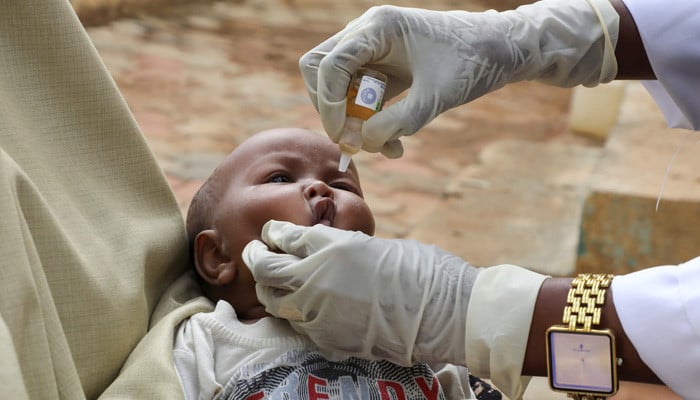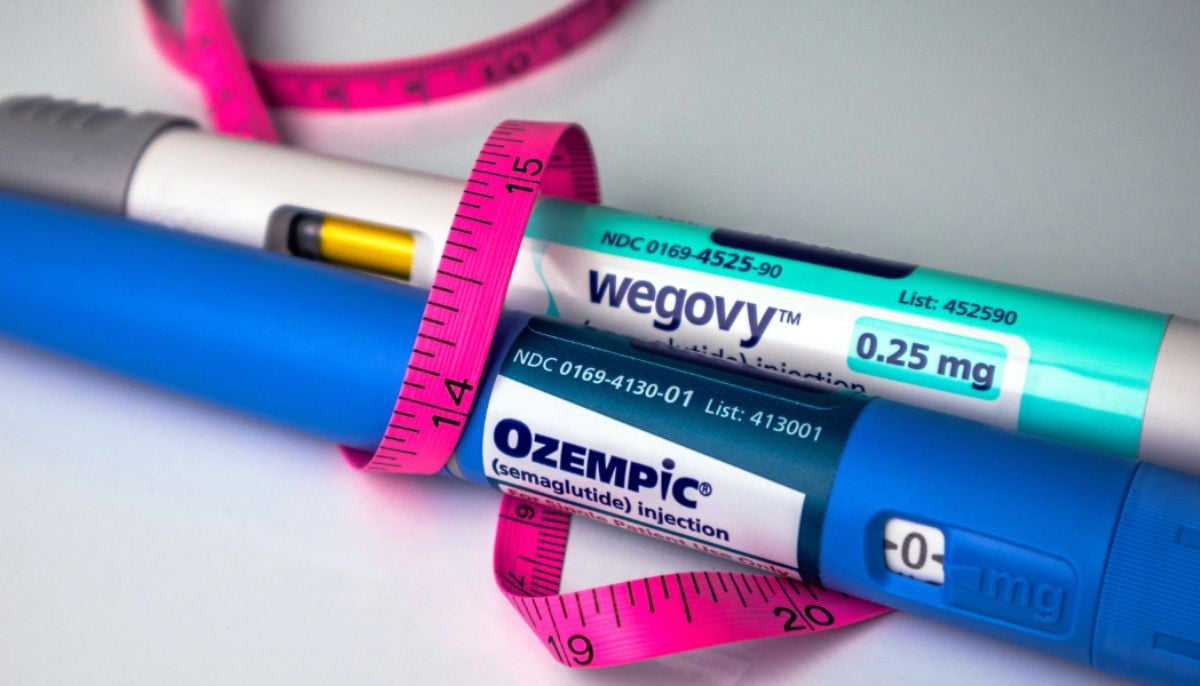Emergency vaccination -efforts during outbreaks of infectious diseases, according to a new study, have reduced considerably reduced fatalities by almost 60% over the past 25 years.
The research, supported by the Gavi Vaccine Alliance and conducted in collaboration with the Australia Institute, offers the first historical analysis of the impact of emergency immunization on global health security.
The study also estimated that the efforts have prevented a similar number of infections and have generated billions of euros in economic benefits.
“For the first time we are able to fully quantify the benefit, in human and economic terms, from using vaccines against outbreaks of some of the most fatal infectious diseases,” said Gavi Chief Sania Nishtar in a statement.
“This study clearly demonstrates the power of vaccines as a cost -effective counter -measure for the increasing risk that the world is confronted with by outbreaks.”
The findings, published this week in BMJ Global HealthAnalyzed 210 outbreaks between 2000 and 2023 in 49 countries with a lower income. The study focused on five diseases: cholera, ebola, measles, meningitis and yellow fever.
Vaccine rolling in these environments had a dramatic impact, showing the study that they have reduced the number of infections and the dead by almost 60% over the five diseases.
For some diseases, the effect was much more dramatic.
Vaccination appeared to reduce the deaths during outbreaks of yellow fever by a full 99% and 76% for Ebola.
At the same time, emergency vaccination significantly reduced the threat of the expansion of outbreaks.
It also estimated that the immunization efforts that were carried out during the 210 outbreaks generated almost $ 32 billion in economic benefits, only by switching deaths and lost years of life lost to disability.
However, that amount was probably an important underestimation of the total savings, it said, pointing that it did not take the outbreak response costs into account or the social and macro -economic effects of disruptions created by large outbreaks.
The massive outbreak of Ebola that hit West -Africa in 2014, before the existence of approved vaccines, for example, it appeared worldwide and an estimated West African countries alone cost more than $ 53 billion.
The study comes after the World Health Organization has warned in April that the outbreaks of vaccin-preventionable diseases such as measles, meningitis and yellow fever is increasing worldwide in the midst of wrong information and cuts on international aid.
Gavi, which helps to vaccinate more than half of the children of the world against infectious diseases, is currently trying to secure a new financing round in the light of global aid and after Washington announced that it would stop supporting the group.






